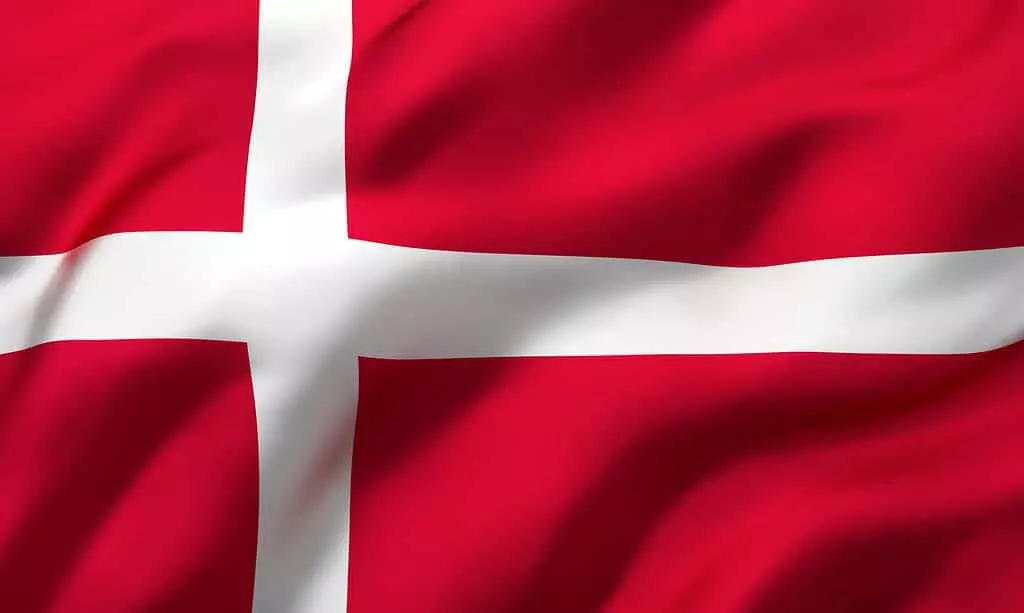On Tuesday, Denmark’s parliament will debate a bill to ban Quran burnings after a string of desecrations of Islam’s holy book sparked anger in Muslim countries.
Almost 1,000 protesters tried to march to the Danish embassy in Baghdad’s fortified Green Zone in late July, following a call by firebrand cleric Moqtada Sadr.
Denmark’s government said the tensions posed a threat to national security.
The bill seeks to make it a criminal offense to “publicly or with the intention of dissemination in a wider circle to treat a text with strong religious significance for a religious community… inappropriately,” according to a summary on the parliament’s website.
Offenders could face up to two years in jail.
Between July 21 and October 24 this year, 483 book burnings or flag burnings were recorded in Denmark, according to national police figures.
Initially announced at the end of August, the bill was amended following criticism that its first draft limited freedom of expression and would be difficult to enforce.
“The bill has been narrowed to specifically target improper treatment of scriptures of significant religious importance,” the justice ministry said in a statement at the end of October.
The bill was originally planned to cover objects of significant religious importance.
The first draft of the bill was criticized by some — including politicians, artists, media, and freedom of speech experts — who saw it as a return to a blasphemy law that Denmark abolished in 2017.
Police and judicial officials also feared it would be difficult to enforce.
“With the changes we are now proposing, the law will be easier to navigate — including for the police and the courts,” Justice Minister Peter Hummelgaard said in the statement in October, noting that the terrorist threat against Denmark had intensified.
The new legislation would be included in chapter 12 of Denmark’s penal code, which covers national security.
In 2006, a wave of anti-Danish anger and violence erupted in the Muslim world following the publication of caricatures of the Prophet Mohammed.
After the first reading on Tuesday, the proposed bill must be studied by a committee and then submitted for two further readings before a vote.




